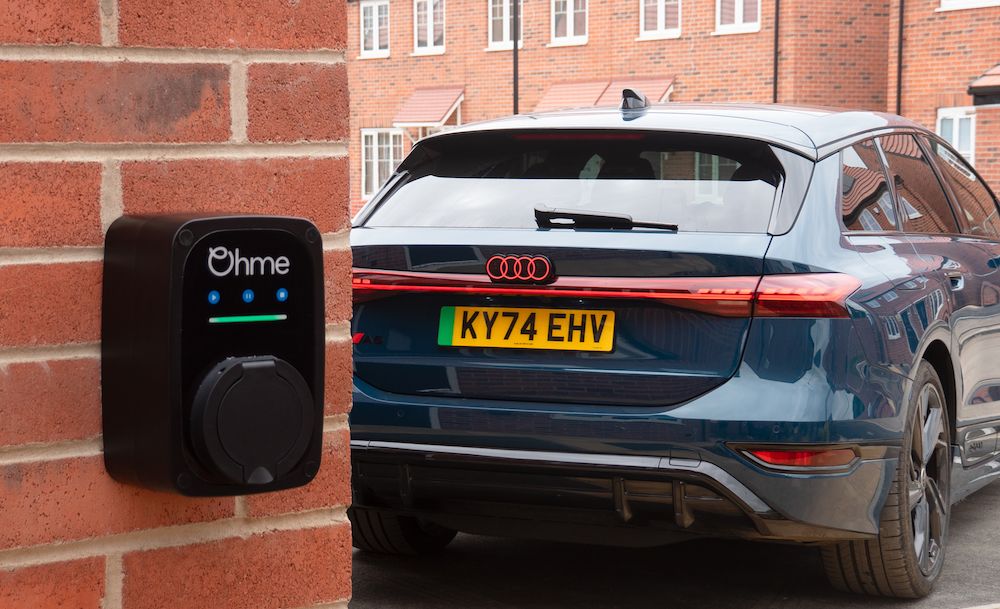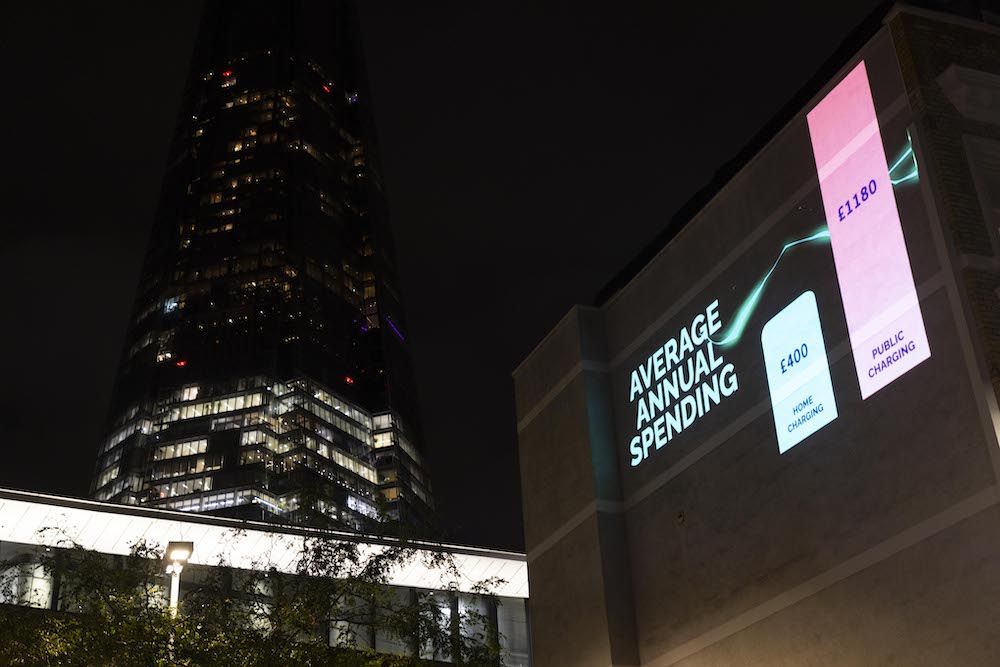Tata Group, owner of Jaguar Land Rover, is expected to announce plans to build an electric vehicle battery factory in Somerset, UK.
According to national media reports, the new gigafactory has been backed with £500 million in Government funding and will create up to 9,000 jobs.
With the ban on the sale of new petrol and diesel cars and vans coming in from 2030, and following the demise of gigafactory startup Britishvolt earlier this year, this is a significant boost for the car manufacturing industry and could open the door to further battery investments in the UK.
The UK currently only has one plant in operation next to Nissan’s Sunderland factory, whereas the EU has 35 plants open, under construction or planned.
Industry reaction
The news has been welcomed by the UK battery ecosystem, but a variety of senior players have warned that it cannot be the sum total of Government collaborations.
It must instead be the start of a truly inclusive, joined up and collaborative industrial strategy delivering the jobs and industry of the future.
Quentin Willson, Founder of FairCharge, said: “While this is a very significant development for UK battery manufacturing, I truly hope that other companies in the battery, critical minerals, charging and EV supply chains won’t be neglected. The Government should see this subsidy as the beginning of building a battery ecosystem in this country. There is a genuine fear in the industry that it could sweep up all available government support, which would be hugely detrimental to the future health of UK plc in the race to zero. We have some world class battery and EV talent and we must support them as much as we can to prevent this valuable resource of innovators moving to other more receptive markets.”
Dr Andy Palmer, Founder/CEO, Palmer Automotive [Interim CEO Pod Point], commented: “As a long-time advocate for government support of the nascent UK battery industry, I, like any sensible onlooker, welcome the news. However, I also err on the side of caution and so should the industry. If UK dishes out the bulk of its battery-related support to one brand, then we still face likely car industry Armageddon. Support must come in all shapes and sizes for businesses of all shapes and sizes. One gigafactory doesn’t equal success, it equals part of the puzzle. We need a harmonious, collaborative, strategic industrial strategy that lifts all boats. Or the tide will sweep the UK automotive sector into the deep abyss.”
Dr Diana Mehta, Chief Scientist, The Battery Recycling Company, said: “This announcement is instrumental in ensuring the UK remains competitive in the battery race. Gigafactories, however, are only one element of a thriving battery industry. Similar attention and support must be given to the rest of the battery supply chain, both upstream and downstream. We are a nation of industry innovators and thought leaders, and it is time to come together to put those thoughts into action.”
Suzanna Hinson, Battery Workstreams Lead, Green Finance Institute, stated: “While this investment is certainly an important foundation for building a thriving battery industry in the UK, further finance must be crowded in to enable the many innovative businesses that will support this ecosystem to scale.
“Public capital can catalyse private investment into the space and does not need to exclusively be given in the form of grants, as there is huge potential for blended finance in this sector. The Green Finance Institute is working to develop blended finance structures such as a Battery Investment Facility to target the gap many businesses in this sector face in accessing mainstream funding once they exit the grant landscape to build out their operations.
“The UK Government must adopt a holistic and sustainable critical mineral strategy to enable its net zero commitments. There is an opportunity to achieve this through reactivation of production scrap and end-of-life batteries within the UK’s borders. The Battery Recycling Company remains committed to providing recycled critical minerals to the battery industry, enabling a truly closed-loop system
Jeremy Wrathall, Founder and CEO of Cornish Lithium: “This is the first, hugely important, step towards a new industry for the UK, founded on our history of car manufacturing and related industries. Importantly this will incentivise other parts of the supply chain such as battery raw materials, including lithium. Government support remains essential as this demonstrates that the UK is determined to be a major player in electric vehicles and will not stand by while another of our vital industries walks out of the door and never comes back. You must be in it to win it to win it. And that means all of us, facing the same way together.”
Charles Bray, Executive Chairman, Aterian – a London listed copper/lithium exploration company: “This development comes at a crucial time when there has been significant news and discussion surrounding the country’s commitment to an automotive industrial strategy. We see this as a potential catalyst that could ignite the progress the nation needs. While positive, it is important not to let this single headline overshadow the wider UK energy transition ecosystem.
“What is truly required at this juncture is a cohesive and collaborative strategy that encompasses the entire UK battery sector. Aterian remains steadfast in our commitment to bringing the critical minerals essential for a successful energy transition to the market. For the future to be genuinely sustainable, it is imperative that all stakeholders reap the benefits. A shared vision and collective efforts are necessary to achieve long-term success with value added at the local level both in the UK and Africa. Aterian is fully dedicated to playing our part in driving positive change and fostering a future that is sustainable for everyone involved.”
Kirsty Benham, Co-Founder Critical Minerals Association: “Reports of JLR owner Tata choosing the UK for its battery plant is a huge step forward for the country, it will alleviate some concern that the UK is falling behind its European counterparts. But, and I underscore but, we have to remember 80% of the value is in the supply chain. Without a secure, ESG compliant supply chain you don’t have a gigafactory, you have an empty factory. This has to be one of a series of supportive measures by the government to ensure collective, joined up, UK battery industry success. Congratulations and thanks are due to all involved in making this happen.”
Mark Thompson, Managing Director of battery specialist AceOn: “This is a significant and important step forward in establishing the infrastructure this country will need to lead the world in the development of a sustainable future. This is good for Tata/JLR, for the wider supply chain and for innovation in the industry. AceOn are working with JLR on developing second life applications from EV batteries – such as in our portable energy systems – and this will only help further innovation before full recycling. Our ambition must be to make our batteries in the UK, repurpose them in the UK and recycle them in the UK as part of a true renewables’ revolution.”
More to follow.
Image courtesy of Shutterstock.














